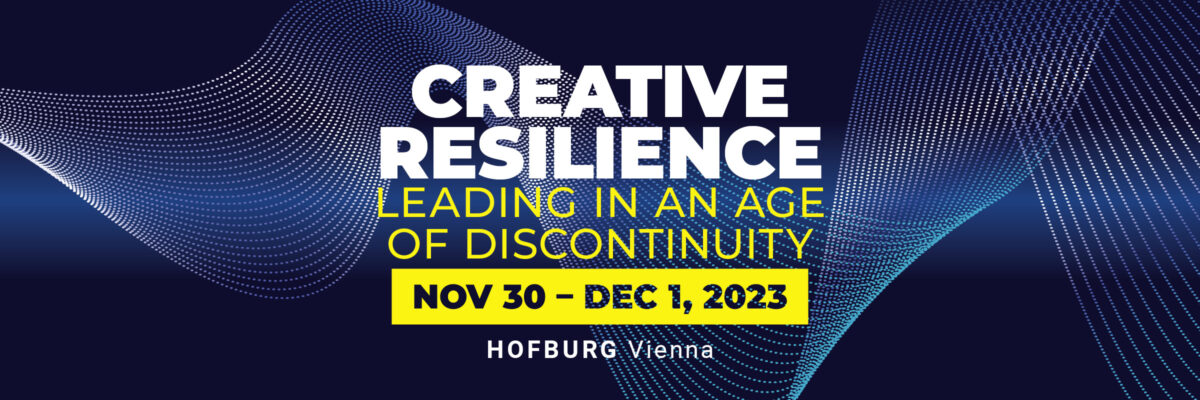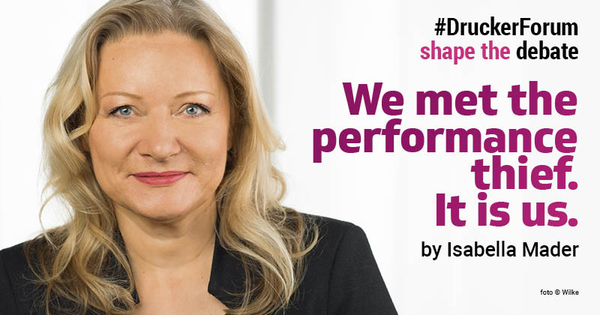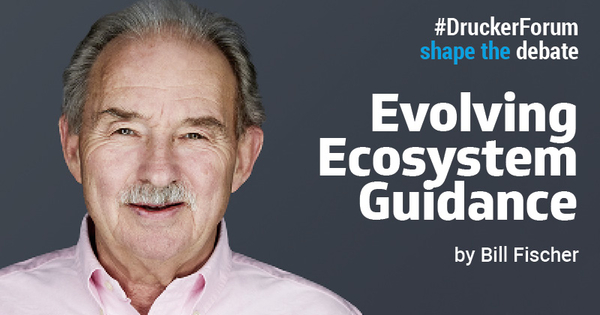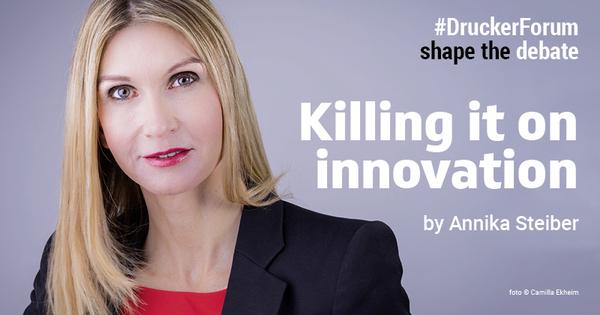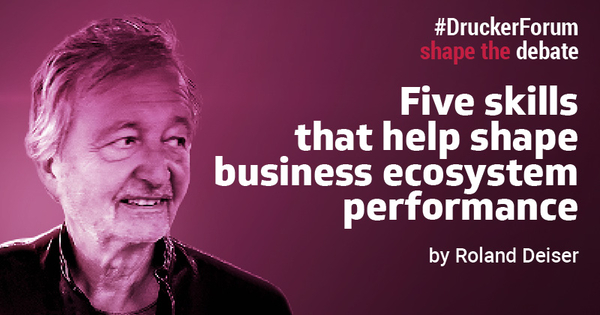Frances Hesselbein, whose leadership of the Girl Scouts of the United States of America from 1976 to 1990 turned a failing not-for-profit into one of the greatest socially serving institutions of the 20th and 21st centuries, died on December 11th, 2022 at her home in Easton, PA. Surrounded by loved ones, she was 107. Throughout her storied career, Frances Hesselbein often changed the life of a Girl Scout, an aspiring student, a military officer, or a business executive with a single conversation.[…]
Continue reading

